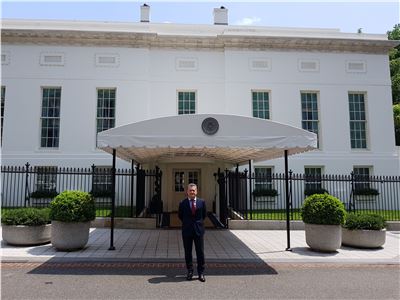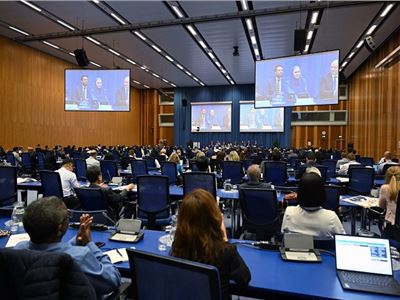|
Children’s changing online experiences change. This report shows that: § Internet diffusion is linked to specific patterns of uses and experiences. On average, children in “advanced” countries go online earlier, use a broader range of online services, are more skilled in safer internet and, nevertheless, are more at risk. § Society’s appropriation of the internet and mobile technologies is far from synchronous across Europe. § Longitudinal findings question any assumption of a linear process by which children might become increasingly skilled and resilient in their use of online media. Recently announced § European Evidence Database - now extended and updated to contain information about 1500 studies relating to children’s internet use in Europe; entries are categorised by country, date of fieldwork, ages of children studied, main findings, methodology and more; you can search on multiple keywords to find studies of interest to you, along with English- language summaries of studies published in other languages. § Review of the European Evidence Database: reviews the 1500 studies in the database, 400 of which are new. The review reveals key research gaps – in use of the internet by very young children, the potential and actual benefits of internet use, how children react to risk experiences and the evaluation of safety practices or tools designed to support them. § Hear from the researchers. Here’s a video wall of researchers from our network discussing EU Kids Online findings about children’s online experiences from 32 countries and in most languages. It’s a lively way to meet our network too. You can also find these videos as a YouTube playlist. § At the Day of General Discussion on digital media and children’s rights held by the UN Committee on the Rights of the Child, Sonia Livingstone presented this speech. You can read EU Kids Online’s submission to the committee here. § EU Kids Online hosted a panel at the Internet Governance Forum 2014 on ‘Researching children’s rights in a global, digital age’. § Report: Final recommendations for policy. This brings together all EU Kids Online policy guidance and evidence-based recommendations in a single resource for policymakers. It outlines over 30 actions that children and young people, parents, educators, governments, awareness-raising and the media, as well as industry providers can take to make the internet a better and safer place for children. § Report: Meaning of online problematic situations: results of a qualitative investigation in nine European countries. See Press release: children are influenced by sensationalist media. The report reveals a diverse set of ways in which children try to cope with online risk of harm. |
- Tags: mimihua safe browser for kids
- Categories:










































